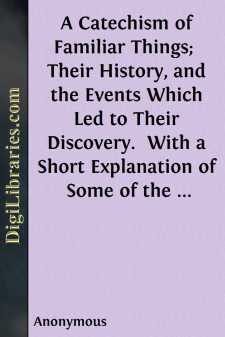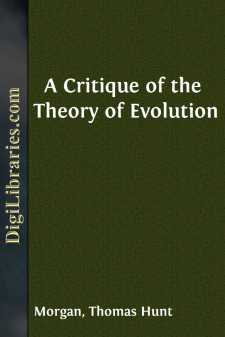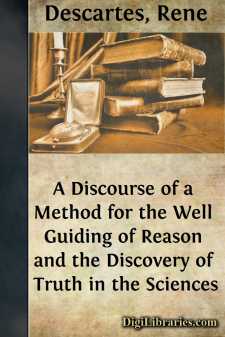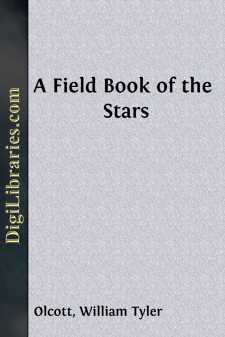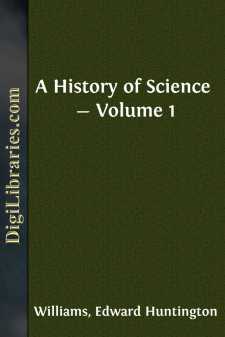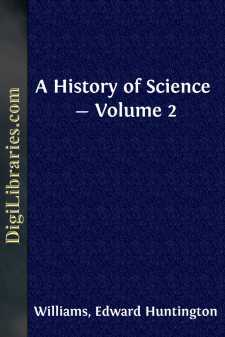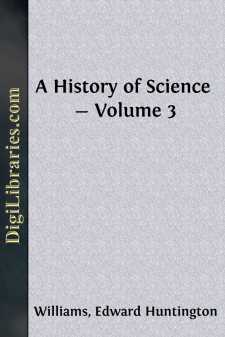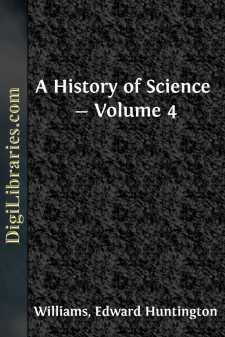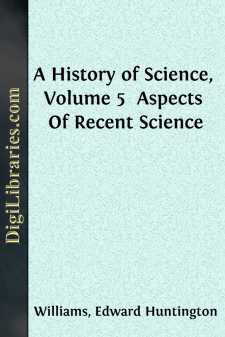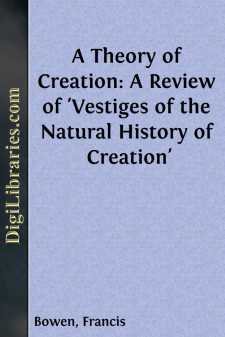Science
- Astronomy 18
- Biology 40
- Chemistry 13
- Electricity 1
- General 38
- History 6
- Light 1
- Paleontology 2
- Philosophy & Social Aspects 1
- Physics 3
- Relativity 2
- Study & Teaching 1
- Waves & Wave Mechanics 1
Science Books
Sort by:
by:
Anonymous
CHAPTER I. Dew, Water, Rain, Snow, Hail, Atmosphere, Wind, Lightning, Thunder, Electricity, Twilight, and the Aurora Borealis. What is Dew? Moisture collected from the atmosphere by the action of cold. During the day, the powerful heat of the sun causes to arise from the earth and water a moist vapor, which, after the sun sinks below the horizon, is condensed by the cold, and falls in the form of dew....
more...
CHAPTER I A REVALUATION OF THE EVIDENCE ON WHICH THE THEORY OF EVOLUTION WAS BASED We use the word evolution in many ways—to include many different kinds of changes. There is hardly any other scientific term that is used so carelessly—to imply so much, to mean so little. Three Kinds of Evolution We speak of the evolution of the stars, of the evolution of the horse, of the evolution of the steam...
more...
by:
Rene Descartes
PART. I. Right understanding is the most equally divided thing in the World; for every one beleevs himself so well stor’d with it, that even those who in all other things are the hardest to be pleas’d, seldom desire more of it then they have; wherein it is not likely that all Men are deceived: But it rather witnesseth, That the faculty of right-judging and distinguishing truth from falshood (which...
more...
THE DIAGRAMS. The diagrams, it will be observed, are grouped under the seasons, and they indicate the positions of the constellations as they appear at 9 o'clock p.m. in mid-season. To facilitate finding and observing the constellations, the student should face in the direction indicated in the text. This applies to all constellations excepting those near the zenith. The four large plates are so...
more...
I. PREHISTORIC SCIENCE To speak of a prehistoric science may seem like a contradiction of terms. The word prehistoric seems to imply barbarism, while science, clearly enough, seems the outgrowth of civilization; but rightly considered, there is no contradiction. For, on the one hand, man had ceased to be a barbarian long before the beginning of what we call the historical period; and, on the other...
more...
V. GALILEO AND THE NEW PHYSICS After Galileo had felt the strong hand of the Inquisition, in 1632, he was careful to confine his researches, or at least his publications, to topics that seemed free from theological implications. In doing so he reverted to the field of his earliest studies—namely, the field of mechanics; and the Dialoghi delle Nuove Scienze, which he finished in 1636, and which was...
more...
I. THE SUCCESSORS OF NEWTON IN ASTRONOMYHEVELIUS AND HALLEYSTRANGELY enough, the decade immediately following Newton was one of comparative barrenness in scientific progress, the early years of the eighteenth century not being as productive of great astronomers as the later years of the seventeenth, or, for that matter, as the later years of the eighteenth century itself. Several of the prominent...
more...
I. THE PHLOGISTON THEORY IN CHEMISTRY The development of the science of chemistry from the "science" of alchemy is a striking example of the complete revolution in the attitude of observers in the field of science. As has been pointed out in a preceding chapter, the alchemist, having a preconceived idea of how things should be, made all his experiments to prove his preconceived theory; while...
more...
ASPECTS OF RECENT SCIENCE STUDENTS of the classics will recall that the old Roman historians were accustomed to detail the events of the remote past in what they were pleased to call annals, and to elaborate contemporary events into so-called histories. Actuated perhaps by the same motives, though with no conscious thought of imitation, I have been led to conclude this history of the development of...
more...
by:
Francis Bowen
THEORY OF CREATION. Vestiges of the Natural History of Creation. New York: Wiley & Putnam. 1845. 12mo. pp. 291. This is one of the most striking and ingenious scientific romances that we have ever read. The writer of it is a bold man; he has undertaken to give a hypothetical history of creation, beginning, as the title-pages say, at the earliest period, and coming down to the present day. It is not...
more...


